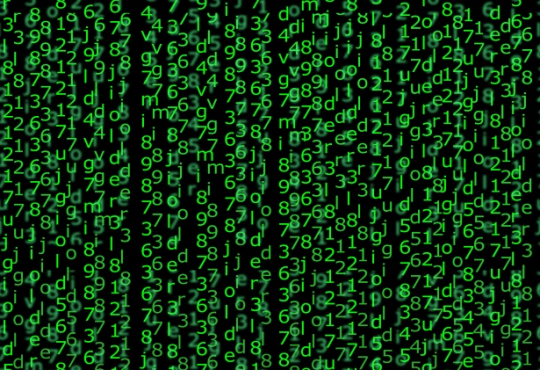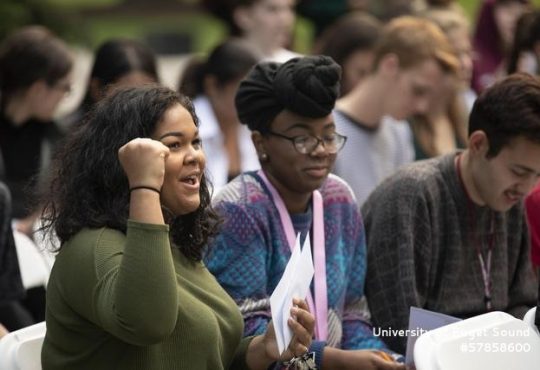The Puget Sound Faculty is currently discussing the inclusion of a new curriculum requirement that would address issues of knowledge, identity and power.
This new requirement would be an overlay approach that would not add a new core requirement, but would rather seek to embed shared language and frameworks of diversity into existing classes in order to equip students with the ability to engage with diverse local and global communities.
In the fall of 2012, the Faculty Senate charged the Committee on Diversity (CoD) to see how other institutions have instated diversity requirements and to then make a recommendation on how this requirement could be integrated within the Puget Sound curriculum.
The CoD looked at the requirements of other campuses and the way departments on campus are already engaging diversity in their course content, finding that many departments already engage diversity through specific courses, events, guest lectures or study abroad opportunities.
Through the creation of this requirement all students would have to take at the very least one or two classes that consider issues of power, privilege and diversity with the goal of preparing students for democratic citizenship.
These courses can overlap in students’ majors, minors or other core classes; the challenge, then, would be on faculty to include these issues if they want a course to meet the Knowledge, Identity and Power requirement.
The CoD has recommended that individual faculty members voluntarily nominate courses to be designated as meeting the requirement.
The responsibility for the new requirement will hopefully not fall entirely on one or two departments, nor on departments that already feel the pressure of meeting core requirements.
Diversity is a hot-button word thrown around the campus, but the CoD wants to make sure students have the theoretical framework necessary to engage with these issues in a constructive manner. For example, they seek a revival of the word “diversity” from its status as a meaningless buzzword.
“We need to stop saying only ‘diversity’ and speak specifically of what kind of diversity we’re discussing, for example gender identity diversity or racial diversity,” Committee on Diversity Chair Amy Ryken said. “We need to be specific so ‘diversity’ doesn’t become a code name for everything and nothing at once.”
Diversity applies to all aspects of individual identity, including race, religion, gender and sexuality. The new requirement would be designed to allow students to see these different features at work, globally, locally and in the campus community.
“The University of Puget Sound is not a bubble,” Ryken said. “We are not separate from issues of bias and hate. For example, issues of gender, racial and sexual orientation power dynamics are always at play on campus.”
The requirement will hopefully highlight both areas where Puget Sound supports diversity, and areas where the campus community can improve.
Proponents of this requirement do not see this as a solution to problems of bias or disparity of power, but as an opportunity to give all Puget Sound students a better framework for understanding and critically examining diversity as a multi-faceted issue.
Just as the students of Puget Sound are taught writing or the theoretical approaches to their major in order to use them after graduation, some feel that understanding diversity is just as important a tool to teach students.
This new requirement, however, is still in discussion. Some see this as a beneficial way to teach students, but others see the overlay approach as not going far enough or believe that understanding diversity cannot be taught in a classroom, but only by experience.
Faculty will continue to discuss the new requirement next semester and will then vote on whether or not to make the change.
If the change were to be approved, it would not be implemented until fall of 2015 at the earliest.





